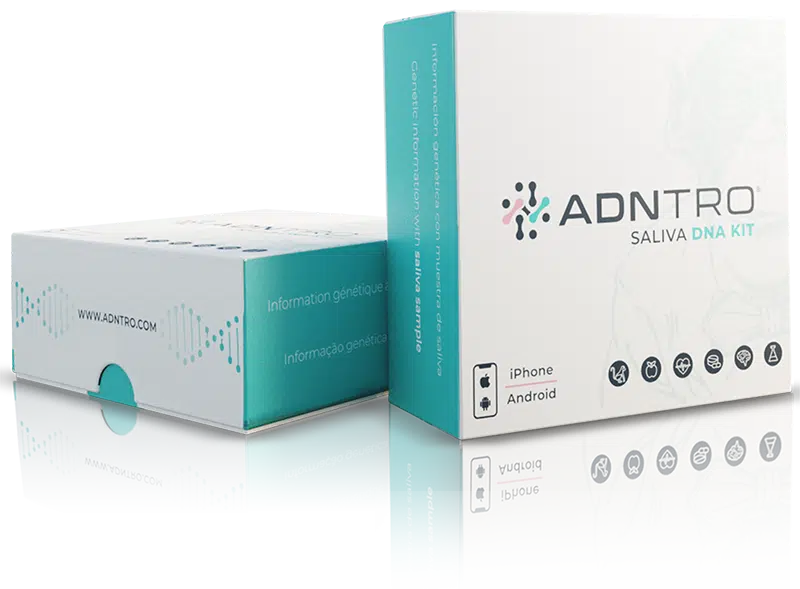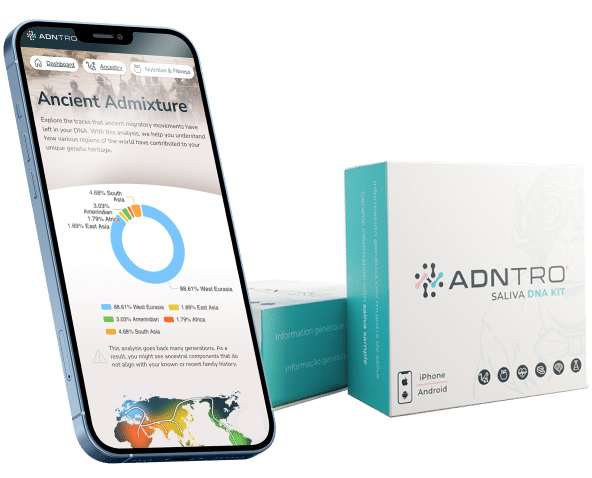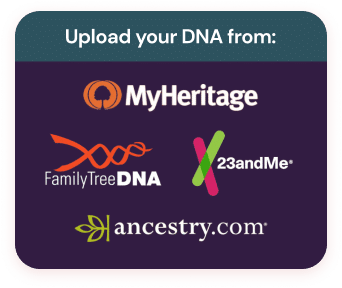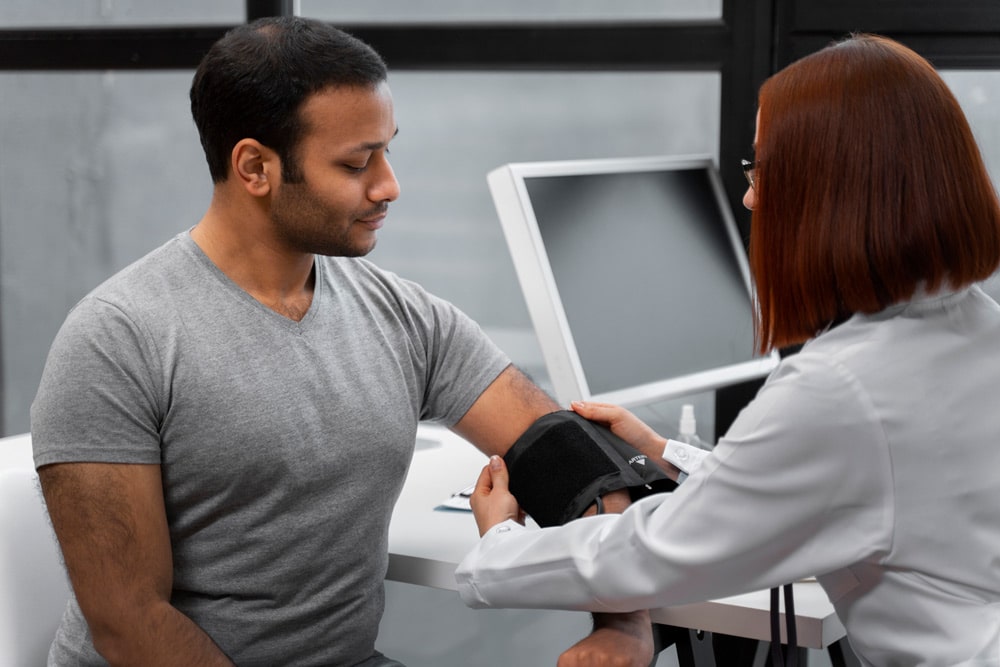High temperatures such as those we experience during summer heat waves affect our organism. At hypothalamus to be more specific, an area of the brain that produces hormones involved in numerous functions such as the regulation of body temperature, heart rate, hunger, sleep, libido...

How do we regulate our body temperature?
Human beings are homeotherms, in other words, we maintain our body temperature constant without depending on the environmental temperature. We have mechanisms to produce heat in cold environments or to give off heat in warm environments. These mechanisms are located in the hypothalamus, the skin, the respiratory system, etc.

Thanks to our hypothalamus we are able to maintain a constant temperature of about 37 ℃, regardless of the room temperature.
The hypothalamus regulates temperature of the body through:
- Vasodilatation: The blood vessels widen, move closer to the skin and promote heat loss through perspiration. This process occurs in summer and during a heat wave. VasoconstrictionThe vessels shrink, move away from the skin and prevent heat
- Vasoconstriction: The vessels shrink, move away from the skin and prevent heat loss. The body also generates opposite movements of the musculature to produce energy.
What happens to our brain at high temperatures?
As the hypothalamus is confronted with extreme temperatures (heat wave) it has to work overtime to maintain an adequate body temperature. As its resources are limited, it puts other vital functions on the back burner.
Effects of heat. Functions of the organism that are altered by heat.
One of the functions that take a back seat is the attention which is slowed down.
Something similar happens with the brain communication system. It takes longer for nerve impulses to propagate and therefore our responsiveness is much lower.
In addition, high temperatures also make us rest less well. Not only because it is more difficult for us to sleep when it is too hot, but also because the hypothalamus is also responsible for regulating the sleep-wake cycles.
For this reason, during hot days, you may feel poor insight, tired, apathetic or with poor concentration for daily tasks or work.
Heat stroke
In the heat proteins are denatured which we colloquially refer to as "my neurons are melting" as they lose their structure, greatly affecting neurons.

When the organism is faced with a situation of extreme heat, it also triggers a inflammatory response that modifies homeostasis (equilibrium) of the nervous tissue. This occurs because high temperatures affect the blood-brain barrier of the brain (responsible for regulating the homeostasis of the nervous system).

There is one type of neuron that is particularly sensitive to damage, namely the Purkinje cells. These neurons are located in the cerebellum, and they are responsible for motor function. For this reason, one of the characteristic symptoms of heat stroke is motor weakness with severe impairment of coordination and balance (Purkinje cells are highly damaged).
Elderly people and people with chronic diseases are particularly vulnerable to heat stroke in excessive heat.
Heat exhaustion
Heat exhaustion occurs when the body loses too much water due to excessive sweating. It may be accompanied by dizziness, headache, nausea, vomiting, muscle cramps, fatigue, confusion, fainting and even collapse.
It is important to note that these symptoms appear gradually and usually do not last more than 24 hours.
If you like to know interesting information, check out other articles in our blog and if you want to go further and know the information that your genetics hides about your organism, the DNA TEST of ADNTRO is for you!
Remember that if you have already taken your test with another company, you can upload your RAW DNA data for free to ADNTRO.














